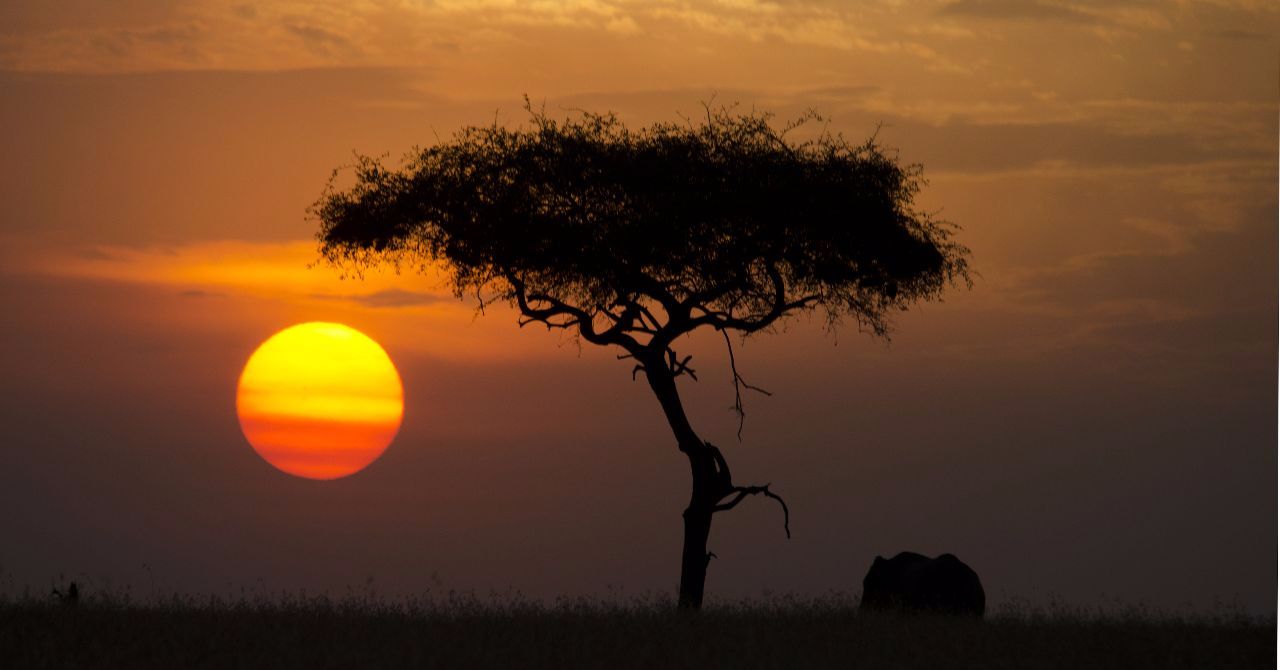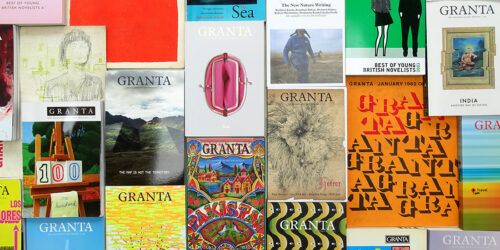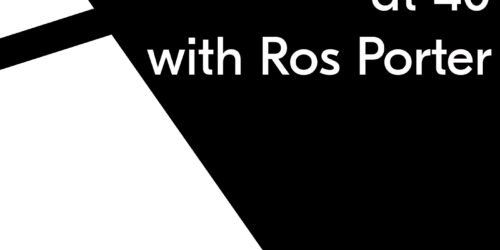
Continuing our celebration of Granta’s 40th anniversary, today we have an extract of a piece from issue 92, originally published in 2006, by acclaimed writer Binyavanga Wainaina. This piece can be can be read in full on Granta.com and in the print issue of the 40th Anniversary Edition of Granta, which publishes on 2 May.
Come to our Granta celebration at the Norfolk & Norwich Festival!
Always use the word ‘Africa’ or ‘Darkness’ or ‘Safari’ in your title. Subtitles may include the words ‘Zanzibar’, ‘Masai’, ‘Zulu’, ‘Zambezi’, ‘Congo’, ‘Nile’, ‘Big’, ‘Sky’, ‘Shadow’, ‘Drum’, ‘Sun’ or ‘Bygone’. Also useful are words such as ‘Guerrillas’, ‘Timeless’, ‘Primordial’ and ‘Tribal’. Note that ‘People’ means Africans who are not black, while ‘The People’ means black Africans.
Never have a picture of a well-adjusted African on the cover of your book, or in it, unless that African has won the Nobel Prize. An AK-47, prominent ribs, naked breasts: use these. If you must include an African, make sure you get one in Masai or Zulu or Dogon dress.
In your text, treat Africa as if it were one country. It is hot and dusty with rolling grasslands and huge herds of animals and tall, thin people who are starving. Or it is hot and steamy with very short people who eat primates. Don’t get bogged down with precise descriptions. Africa is big: fifty-four countries, 900 million people who are too busy starving and dying and warring and emigrating to read your book. The continent is full of deserts, jungles, highlands, savannahs and many other things, but your reader doesn’t care about all that, so keep your descriptions romantic and evocative and unparticular.
Make sure you show how Africans have music and rhythm deep in their souls, and eat things no other humans eat. Do not mention rice and beef and wheat; monkey-brain is an African’s cuisine of choice, along with goat, snake, worms and grubs and all manner of game meat. Make sure you show that you are able to eat such food without flinching, and describe how you learn to enjoy it—because you care.
Taboo subjects: ordinary domestic scenes, love between Africans (unless a death is involved), references to African writers or intellectuals, mention of school-going children who are not suffering from yaws or Ebola fever or female genital mutilation.
Throughout the book, adopt a sotto voice, in conspiracy with the reader, and a sad I-expected-so-much tone. Establish early on that your liberalism is impeccable, and mention near the beginning how much you love Africa, how you fell in love with the place and can’t live without her. Africa is the only continent you can love—take advantage of this. If you are a man, thrust yourself into her warm virgin forests. If you are a woman, treat Africa as a man who wears a bush jacket and disappears off into the sunset. Africa is to be pitied, worshipped or dominated. Whichever angle you take, be sure to leave the strong impression that without your intervention and your important book, Africa is doomed.
Your African characters may include naked warriors, loyal servants, diviners and seers, ancient wise men living in hermitic splendour. Or corrupt politicians, inept polygamous travel-guides, and prostitutes you have slept with. The Loyal Servant always behaves like a seven-year-old and needs a firm hand; he is scared of snakes, good with children, and always involving you in his complex domestic dramas. The Ancient Wise Man always comes from a noble tribe (not the money-grubbing tribes like the Gikuyu, the Igbo or the Shona). He has rheumy eyes and is close to the Earth. The Modern African is a fat man who steals and works in the visa office, refusing to give work permits to qualified Westerners who really care about Africa. He is an enemy of development, always using his government job to make it difficult for pragmatic and good-hearted expats to set up NGOs or Legal Conservation Areas. Or he is an Oxford-educated intellectual turned serial-killing politician in a Savile Row suit. He is a cannibal who likes Cristal champagne, and his mother is a rich witch-doctor who really runs the country.
Among your characters you must always include The Starving African, who wanders the refugee camp nearly naked, and waits for the benevolence of the West. Her children have flies on their eyelids and pot bellies, and her breasts are flat and empty. She must look utterly helpless. She can have no past, no history; such diversions ruin the dramatic moment. Moans are good. She must never say anything about herself in the dialogue except to speak of her (unspeakable) suffering. Also be sure to include a warm and motherly woman who has a rolling laugh and who is concerned for your well-being. Just call her Mama. Her children are all delinquent. These characters should buzz around your main hero, making him look good. Your hero can teach them, bathe them, feed them; he carries lots of babies and has seen Death. Your hero is you (if reportage), or a beautiful, tragic international celebrity/aristocrat who now cares for animals (if fiction).
Bad Western characters may include children of Tory cabinet ministers, Afrikaners, employees of the World Bank. When talking about exploitation by foreigners mention the Chinese and Indian traders. Blame the West for Africa’s situation. But do not be too specific.
We highly recommend reading the entirety of this piece over on Granta.com, or in the print issue of the 40th Anniversary Edition of Granta, which publishes on 2 May.
Binyavanga Wainaina is a Bard Fellow and the Director of the Chinua Achebe Center for African Literature and Languages at Bard College. His most recent book is One Day I Will Write About This Place: A Memoir. He divides his time between Nairobi, Kenya and upstate New York.
You may also like...
Writing ‘Ghostland: In Search of a Haunted Country’
In this article, writer and NCW Academy tutor Edward Parnell shares his experience writing his mixed-genre book ‘Ghostland: In Search of a Haunted Country’.

29th February 2024
Literary magazines: a reading list
The best literary magazines, courtesy of the Granta team

8th April 2019






